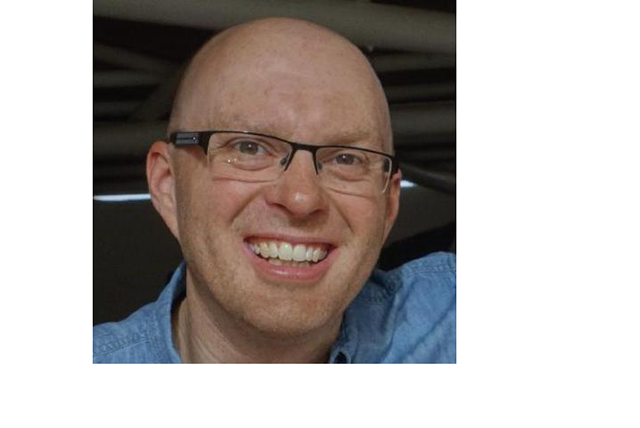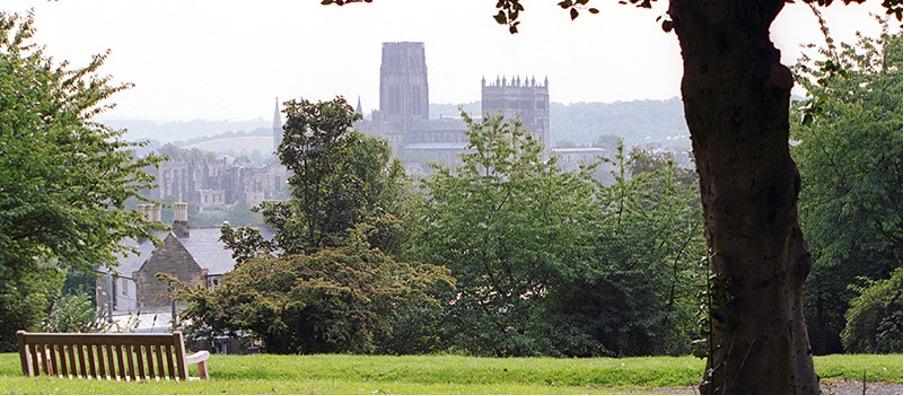Student Life
Our postgraduate community is a vibrant, international community. It is also a supportive network that encourages and energises everybody the department. As part of the postgraduate community, you’ll be part of an active group that is both social and academic. You’ll be able to participate in research cluster events, invited talks within and beyond our department, and many of the planned and spontaneous social events that take place throughout the year.
Our conferences for presenting student research are an annual highlight where the department has an opportunity to learn about the work you’ve undertaken. We also run a photographic competition each year to showcase postgraduate research across physical and human geography. As a postgraduate student you can also join one of Durham’s renowned colleges where you can further expand your horizons.
A Supportive Environment
One of the great strengths of our postgraduate community is the collegiality and care they show for one another. This is expressed in many ways including through three formal channels:
- Social events: the postgraduates run a range of social events which have ranged from regular pizza get-togethers, trips out whether to the stunning landscape and history of the region or to cultural events and a postgraduate photographic competition showcasing images from research fieldwork.
- A ‘buddy’ system: we pair new research postgraduates with some already established in their programme who will act as a buddy to offer advice, support and information in the first term. In 2020-21, we extended this to the whole of the first year given the limits on in-person interaction and travel to Durham.
- The postgraduate committee: the postgraduate community has a defined voice in the department and on its constituent bodies for specific issues such as IT, equipment, health and safety and so forth, through elected postgraduate representatives. The representatives meet as a committee and channel experiences and suggestions from the community with the department management.
A Vibrant and Diverse Research Environment
Post-graduates are integral to all aspects of the academic life of the department. We host a lively programme of research seminars, workshops and less formal discussions. These are largely organised through our research clusters, which serve as useful thematic poles around which intellectual interests intersect but are neither exclusive nor fixed. Our post-graduates are often active in defining and organising events within the cluster programmes.
See details on our research clusters.
The Department is an active member of many of the University’s interdisciplinary, cross-faculty research institutes. We have particular involvement in the Durham Energy Institute, the Institute for Advanced Studies, The Institute for Hazard Risk and Resilience, the Institute for Medical Humanities, and the Wolfson Research Institute for Health and Wellbeing. The University hosts many other interdisciplinary research centres and programmes all offering a range of research and training activities.
See details on the University Research Institutes.
The Department of Geography is one of the largest in the United Kingdom with a rich diversity of research interests across our academic staff.
See more on individual staff profiles.
A Supportive Environment for Professional Development
In addition to the wide-ranging research culture of the Department and University, we provide targeted development activities to our post-graduates through three key pathways.
- Postgraduate conferences: postgraduates come together towards the end of each academic year for an in-house conference at which our colleagues in the first and third years of their research make short presentations to the department. These are a great opportunity to air ideas, experiment with presentation formats and to get feedback from peers and academic staff.
- Workshops on developing skills for both non-academic and academic career paths: over the third term and the summer period, we invite speakers with postgraduate qualifications to present and discuss different aspects of developing and using skills from a postgraduate programme in future career pathways. We particularly enjoy hearing from our own past postgraduates about the varied ways they have used and built on their experience on our programmes at Durham
- Teaching experience in our undergraduate programmes: we offer all doctoral research students the opportunity to undertake paid teaching within our undergraduate programmes. We teach through a range of activities on which postgraduates can offer teaching assistance including assisting with practicals, marking first year work, delivering tutorials and supporting fieldwork. Teaching experience builds a range of academic specific and non-academic transferable skills that are a valuable addition in career development.
Why do a PhD at Durham Geography?
In this podcast three of our current human geography postgraduate research students, Jay Sinclair, Caitlin Mackinlay and Chung-Yen Cheng, speak about their experiences of doing PhD research at Durham Geography and about being part of our dynamic and vibrant research postgraduate community. Listen here:
You can also find a wide selection of videos where taught and research postgraduate students speak about their experiences and life in the Department on our YouTube channel here:
https://youtube.com/playlist?list=PL6881C72FA49C82AB&si=-LH9pGpMcQciPYrs
Any Questions?
If you have any specific questions about Postgraduate Geography that are not answered on these pages, please reach out to our Director of Postgraduate Studies Dr Matt Brain.
Postgraduate Study in Geography
Postgraduate study at Durham helps you to develop a range of high-level research, analytic, and communication skills that are transferable to multiple career paths. We offer Taught Masters (MA/MSc), Research Masters (MA/MSc) and Doctoral Study options.
Contact Us
Founded in 1928, the Department of Geography at Durham University is one of the leading centres of geographical research and education in the world.
Department of Geography
Postgraduate Study
Durham University
Lower Mountjoy
South Road, Durham
DH1 3LE, UK
Tel: +44 (0)191 33418000


/prod01/prodbucket01/media/durham-university/departments-/geography/Matt_Couchmann-3872X1296.JPG)




